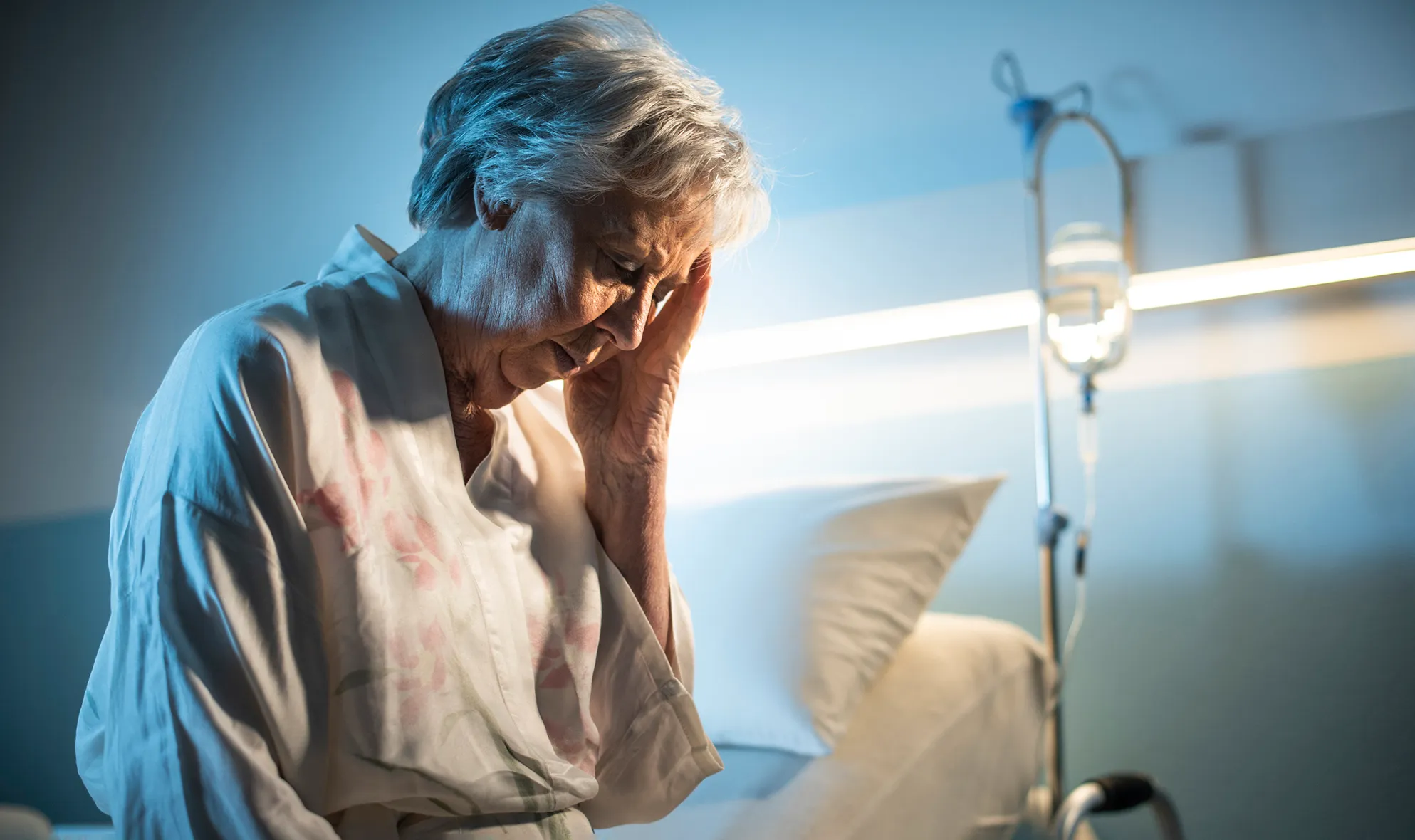
Post Operative Delirium
Delirium after Surgery
Confusion, delirium, marked sleepiness, disorientation, hallucinations, agitation, aggression, these changes in mental function may be caused by post-operative delirium if they are occurring after a surgery that required anesthesia. Post-operative delirium is one of the most common surgical complications for older adults according to The American Geriatrics Society. It is also preventable 40% of the time.
Because it is so common, and because it is largely preventable, it is important for older adults and their care providers to be informed about the risk factors and best practices for mitigation. Understanding what is normal post-op disorientation and sleepiness and what is the more serious post-operative delirium is important so patients can take protective measures and seek proper treatment to prevent long term problems.
Often mistaken for dementia, a range of cognitive disorders that are irreversible and that impact memory and other cognitive functions, post-operative delirium typically lasts a week or less as a patient recovers from surgery. However certain underlying risk factors can prolong the condition, which can cause complications for a patient such as injury, further hospitalization, and potential long term care requirements. Post-operative delirium may also lead to cognitive and functional decline.
Underlying factors that can cause complications often play the driving role in a patient developing post-operative delirium. Especially at risk are those individuals with existing cognitive issues, patients who are on certain medications, and elderly patients. Even though post-operative delirium can happen at any age, it is most likely to afflict older patients. It is important for elderly patients to have a medical exam and discuss with their doctors any medications prior to surgery.
When diagnosing a patient with post-operative delirium, the care team must map back to its probable underlying causes. These can include disrupted sleep problems, poorly managed pain, an infection, or a reaction to a medication. In addition, the family and other care providers close to the patient can be leaned on for additional support and recovery tactics.
Family members can play a critical role in reducing the incidence of post-operative delirium. Activities such as walking, helping with meals and proper hydration, and playing games or working on cognitive challenges such as crossword puzzles with the patient have been shown to be effective in lessening the chance of post-operative delirium as well as the severity of post-operative delirium in patients who develop it.
Other factors to prepare recovering patients for optimum results include proper access to hearing aids and reading glasses, familiar faces and voices to sooth and calm the patient post-surgery, and a return to a regular even sleep cycle.
The AGS CoCare®: HELP program, formerly known as The Hospital Elder Life Program, originally created by Dr. Sharon Inouye is a well-studied, effective, and innovative model of hospital care designed to prevent both delirium and functional decline for older adult surgical patients. This evidenced based practice is focused on delirium prevention through multi-component intervention. Well documented as effective, it is implemented in over 200 hospitals. Free clinical tools and screenings are available through the American Geriatrics Society CoCare HELP website.
Resources: